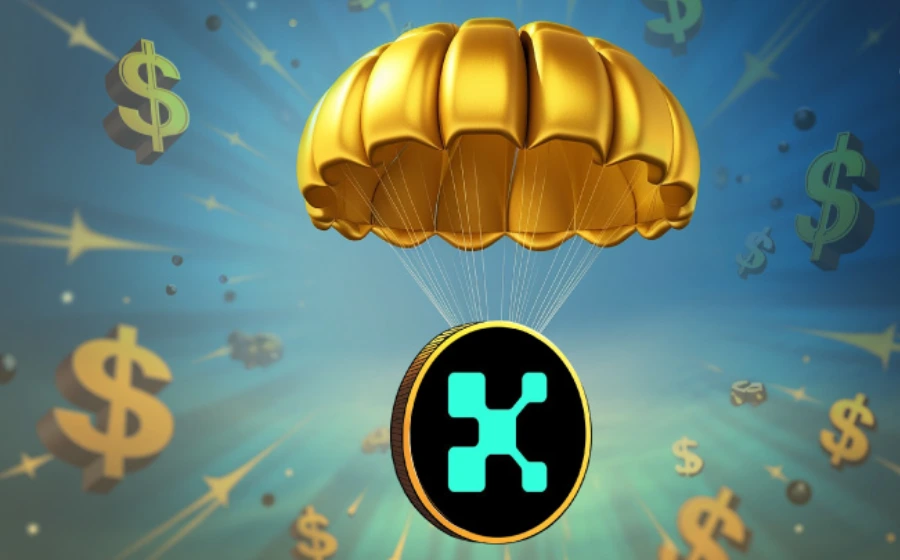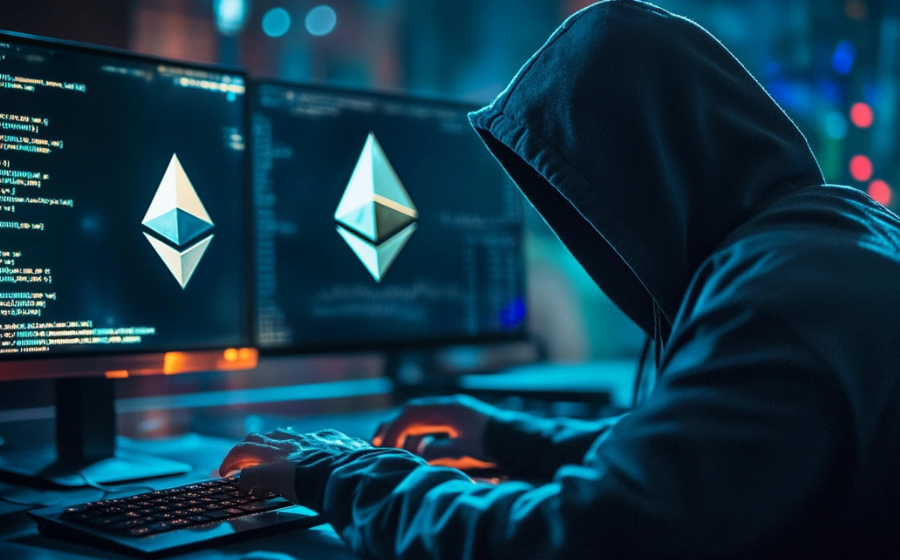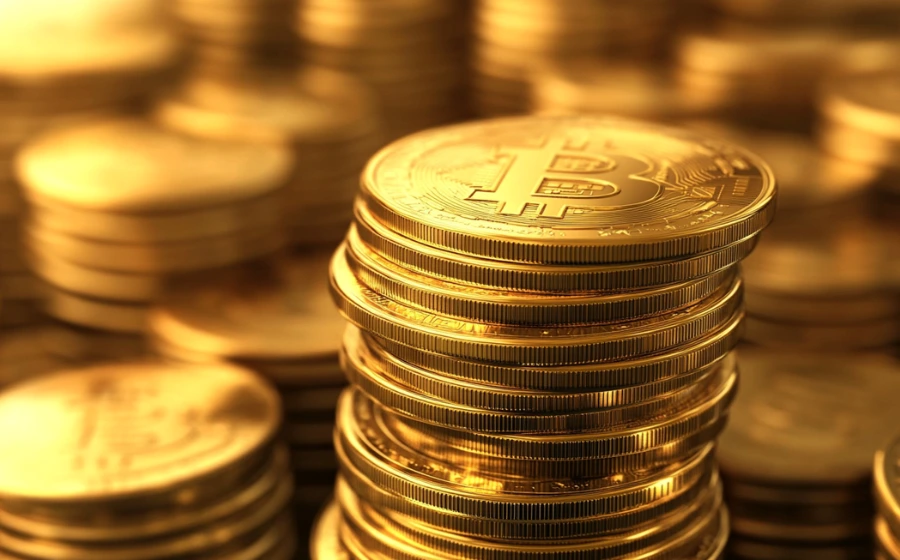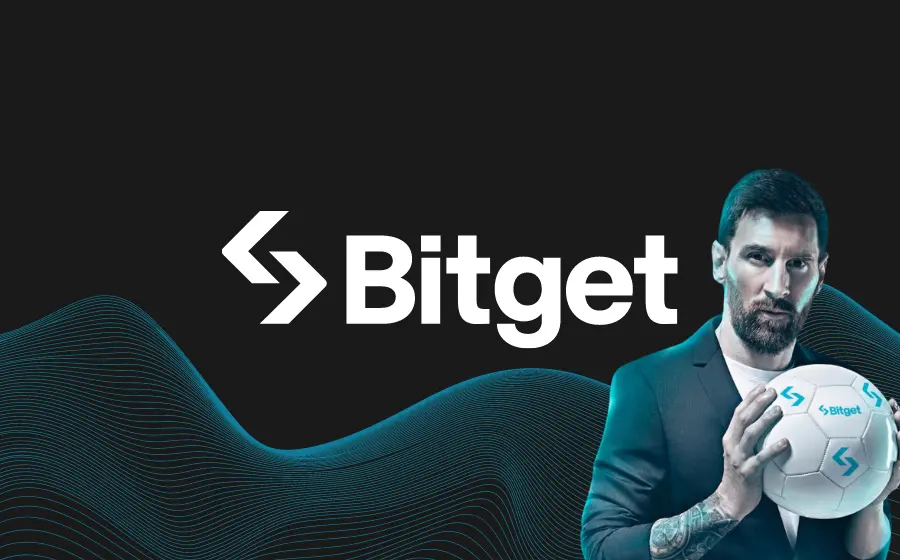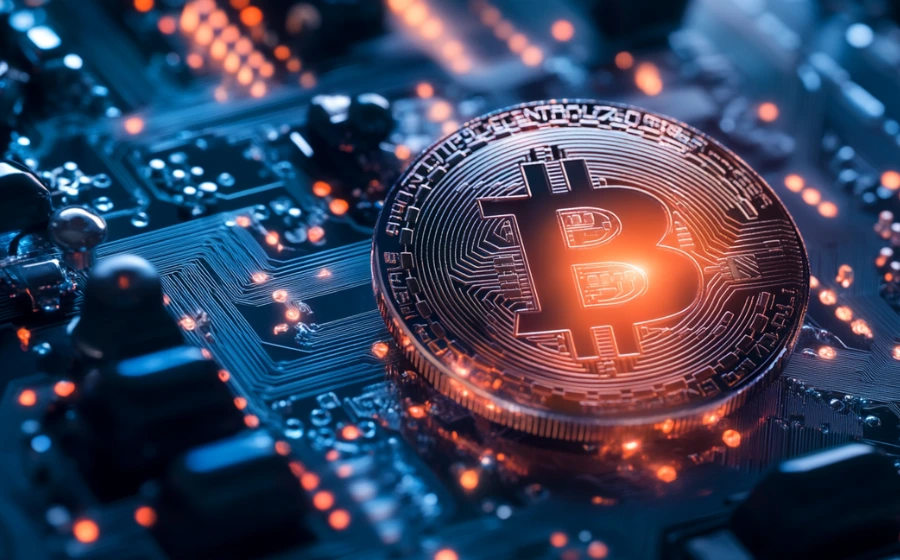
KEYTAKEAWAYS
- Check the contract address format to quickly determine if a token belongs to Ethereum, BSC, Tron, Solana, or other networks.
- Use blockchain explorers like Etherscan or BscScan to verify a token’s network before making transactions.
- Multi-chain tools like CoinGecko and DEXTools help identify tokens deployed across multiple blockchains.

CONTENT
In the cryptocurrency world, a token contract address is a unique identifier that helps users determine which blockchain network a token belongs to. Knowing this is essential for safe transactions, investment decisions, and preventing fund loss.
Many tokens exist on multiple blockchains, such as Ethereum, Binance Smart Chain (BSC), Polygon, and Tron, with different contract addresses. This guide explains how to verify a token’s network using its contract address, blockchain explorers, and multi-chain verification tools.
WHY IDENTIFYING A TOKEN’S BLOCKCHAIN MATTERS
•Avoid losing funds by sending tokens to the wrong network.
•Verify authenticity and avoid fake tokens that copy well-known names.
•Minimize transaction fees by choosing the right blockchain.
•Ensure compatibility with wallets and exchanges.
Misidentifying a token’s blockchain can result in failed transactions or lost assets.
STEP 1: CHECK THE CONTRACT ADDRESS FORMAT
Every blockchain has a unique address format. By looking at a contract address, you can often determine which network it belongs to.
Common Blockchain Address Formats

Addresses that start with T belong to Tron, while those using Base58 encoding are likely Solana. If an address starts with 0x and has 40 characters, additional verification is needed to distinguish between Ethereum, BSC, and other EVM-compatible networks.
STEP 2: VERIFY THE ADDRESS USING A BLOCKCHAIN EXPLORER
Since some blockchains use the same address format, searching for the contract on a blockchain explorer is the best way to confirm its network.
Popular Blockchain Explorers

How to Check a Contract Address
1.Copy the token’s contract address.
2.Open a blockchain explorer such as Etherscan, BscScan, or PolygonScan.
3.Paste the address into the search bar.
4.If the contract appears, it belongs to that blockchain.
5.If no results appear, try another blockchain explorer.
For example, if you search 0x0E09FaBB73Bd3Ade0a17ECC321fD13a19e81cE82 on BscScan, you will find it is a PancakeSwap token on Binance Smart Chain. If you search the same address on Etherscan, no results will appear, confirming it is not on Ethereum.
STEP 3: USE MULTI-CHAIN TOKEN SEARCH TOOLS
If you do not know which blockchain to check, multi-chain verification tools can scan multiple blockchains at once.
Best Multi-Chain Tools
•DEXTools.io – Finds tokens on decentralized exchanges.
•CoinGecko.com – Lists tokens and their contract addresses on different networks.
•DEX Screener – Monitors token trading activity.
•Cointool.app – Checks contract addresses across blockchains.
If you search for USDT (Tether) on CoinGecko, you will see it exists on multiple blockchains with different contract addresses:
• Ethereum USDT: 0xdAC17F958D2ee523a2206206994597C13D831ec7
• Binance Smart Chain USDT: 0x55d398326f99059fF775485246999027B3197955
• Tron USDT: TN…VY
This method is useful for tokens deployed on multiple chains, helping you avoid mistakes in transactions.
FINAL THOUGHTS
To safely identify a token’s blockchain network:
•Check the address format for quick identification.
•Use blockchain explorers to confirm if the address exists on a specific network.
•Use multi-chain verification tools to find tokens across blockchains.
•Always verify contract addresses before making transactions.
By following these steps, you can prevent errors, avoid scams, and securely trade cryptocurrencies.For the most accurate results, use Etherscan, BscScan, or CoinGecko to verify any token’s contract address before making transactions.
▶ Buy Crypto at Bitget
CoinRank x Bitget – Sign up & Trade to get $20!


